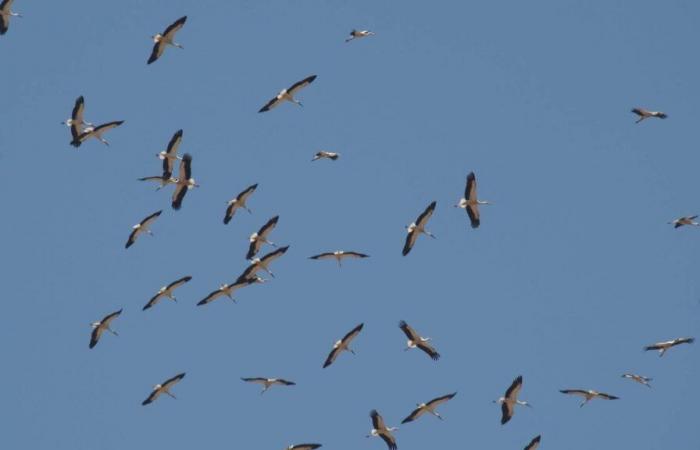The wildlife populations studied in 2024 by the WWF in its annual report on winning and losing species have declined on average by 73% over the last 50 years, warns the NGO. However, she sees some glimmers of hope.
Habitat destruction, poaching and global warming are the main causes of this very strong decline, notes the WWF in its Living Planet 2024 report, published Friday. Corals, Bornean elephants, bantengs, African penguins and trees are among the year’s losers. In Switzerland, it is especially hedgehogs, wolves and golden ground beetles who are trembling for their survival, lists the NGO.
The World Wide Fund for Nature calls for an offensive in nature protection. It proposes to expand the total surface area of protected areas, with the aim of reaching 30% of the surface area of land, lakes, rivers, seas and oceans by 2030. Switzerland, which supports this objective, is far from achieving it, notes the WWF.
Winning tigers, sea turtles or bluefin tuna
“The commitment to endangered species and biotopes is not in vain,” recalls the organization. Thanks to protective measures, the Iberian lynx has gone from “endangered” to “vulnerable” in the red list of the International Union for Conservation of Nature (IUCN). Its population of 62 adult specimens in 2001 increased to 648 in 2022.
Tigers, marine turtles in the Mediterranean Sea, Siamese crocodiles and bluefin tuna are also on the winning side, with populations on the rise.
In Switzerland, the otter lives again in five rivers and lakes, thanks to water treatment plants and the revitalization of waterways, notes the NGO. Reintroduced into the country in the 20th century, the white stork now has nearly 900 nesting pairs. “The objective of 300 nesting pairs in 2024 has therefore been largely exceeded,” rejoices the WWF.
But “successes such as the rescue of certain species fail to improve the overall picture: the loss of biodiversity is progressing at high speed, to the point that our protection efforts are never sufficient,” warns in the report. René Kaspar, species protection expert at WWF.






